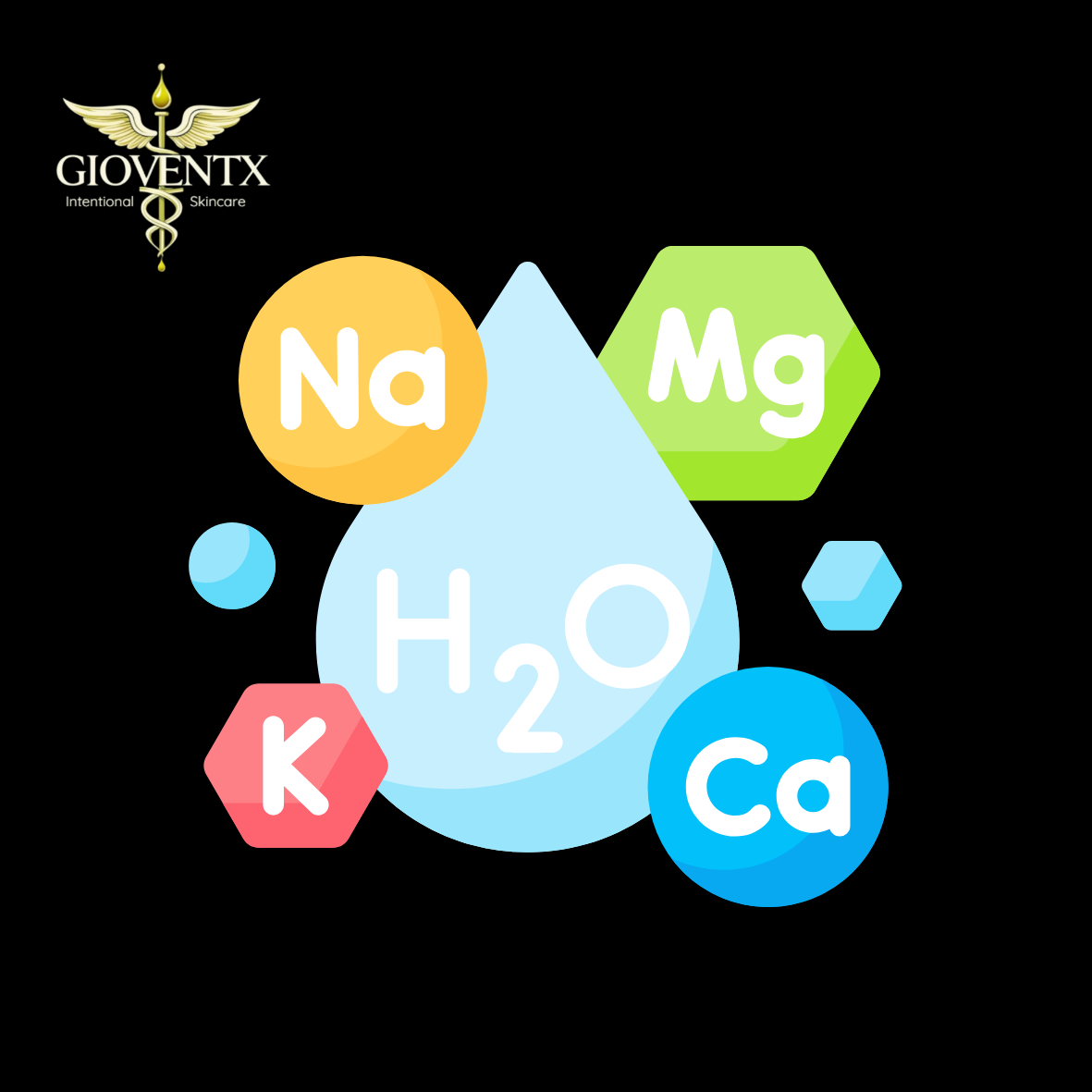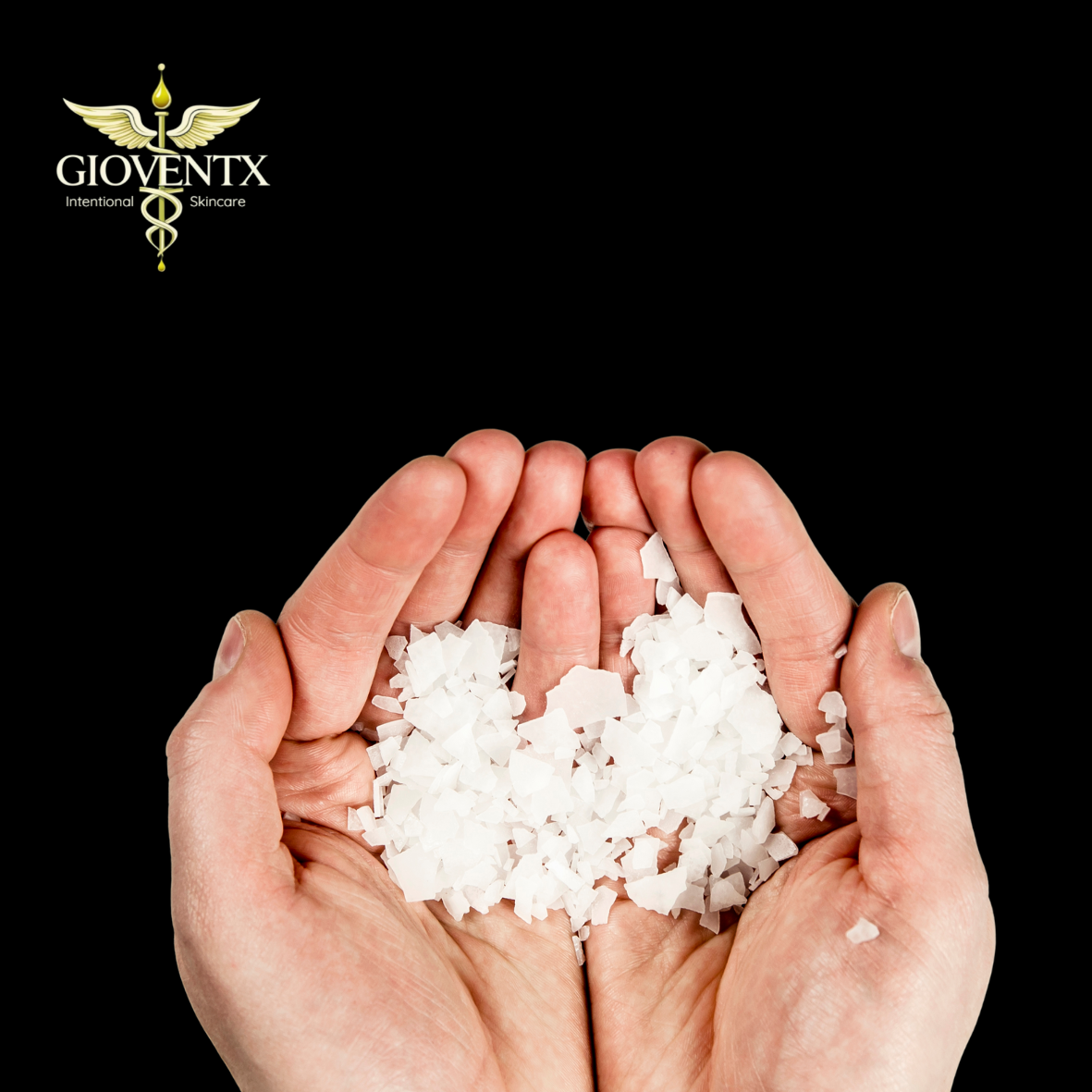Electrolytes and why we need them

The skin will only absorb so much, in fact relying on transdermal application of vitamins and minerals will not provide you with a sustainable amount required for a healthy functioning body.
It's important to ensure you are having a well balanced diet. Sorry to say it, but its true!
Improving your oral intake of electrolytes, vitamins and minerals will always be the most effective way to maintain healthy skin, hair, muscles, organs and function.
When diagnosed as having a condition or illness be it short term or long term it is important to ensure your body remains balanced throughout the treatment and management process. Taking multivitamins may be the answer however not all people can absorb these to the full extent depending on their organ health so being open to additional and alternative ways to increase your electrolytes is a good way to support your overall function. Speaking to your Doctor about utilizing the benefits of dieticians, naturopaths, remedial massage, acupuncture, etc. means your treatment plan will be robust and 100% tailored to achieving the desired outcome; quality of life!!
The human body contains 78 organs and of those, there are 11 organ systems that MUST run like clockwork in order to keep you functioning. One way they achieve this is by using the essential minerals also known as 'Electrolytes'. The organs and their functions rely heavily on electrolytes much like a car engine relies on the oil, fuel and battery. When one is low, the car wont run to its expected or full capacity, and thus the organs need to have their 'ducks in a row' in order to get the job done!
Electrolytes are sodium, potassium, chloride, magnesium, calcium, phosphate, and bicarbonates. They come from the food we eat, the liquid we drink and travel around the body (like oil in an engine) until they are depleted or no longer needed and are flushed away via urine and faeces (poop).
The important thing to remember is the organs need specific amounts every day and if there isn't enough the brain will prioritize the major organs first (which are the heart, brain, kidneys, liver, and lungs) and leave the other organs out; think of it as rationing to the most vulnerable.
It becomes survival of the fittest in terms of organs needing those electrolytes which means if you don't manually replenish, the organ will become unwell.
When electrolyte levels drop, the body’s less obvious systems begin to weaken, leading to a range of disruptions. Persistently low levels can result in deficiencies over time.
This can cause symptoms such as muscle cramps, spasms, constipation, dehydration, infections, confusion, headaches, localized pain, and flare-ups of skin conditions, among others. These symptoms serve as signals from the body, indicating that something is not functioning as it should. They are the body’s way of communicating that attention is needed.
When electrolyte levels become imbalanced—where some are too high or too low—organs can struggle to function properly. This can be compared to mixing drinks or recipes: just as cordial, dishwashing liquid, or thick shakes require the right ratio of ingredients to turn out as expected, the body needs a balanced mix of electrolytes to work efficiently.
The most reliable way to determine if an electrolyte 'top up' is needed is through a blood test, followed by a discussion with a doctor. Everyone’s optimal electrolyte levels are unique, and while textbook ranges exist, a healthcare team familiar with an individual’s medical history can provide personalized guidance.
As people age, their electrolyte needs naturally change. These requirements also shift based on modifiable factors (things that can be changed, like diet or activity level) and non-modifiable factors (inherited or unchangeable traits). Regular check-ups and reviews with health professionals are highly effective for identifying and addressing deficiencies before they begin to affect organ and system health
The fact you are even reading this Blog means you care enough about your body to research and investigate ways you can prioritize the vessel that keeps you going everyday. You are advocating for health and you are taking control of your wellness.
Related evidence based articles/resources below:
*Cite: Understanding Electrolytes



